In 1992, when he was a 42-year-old Knesset member, Benjamin Netanyahu raised concerns about Iran’s nuclear threat, stating, “Iran is close to producing a nuclear weapon within three to five years, and this threat needs to be uprooted by an international front led by the U.S.” In 1995, in his book, he discussed Iran’s nuclear threat and emphasized that it was a vital issue for Israel. A year later, he came to power for the first time.
The Israeli prime minister’s political career has been marked by security-focused rhetoric. In a country like Israel with high security concerns, this is not unusual, but what makes Netanyahu different is his constant focus on issues like Iran, Hamas and Palestine, and his personalization of the message that “only I can protect Israel.” So much so that rabbis like Nir Ben Artzi and Moshe Ben Tov preach, “Netanyahu must remain prime minister until the Messiah comes.” Last year, Netanyahu’s posing with Lubavitch movement leader Rebbe Schneerson’s book in the Knesset and claims that Schneerson had prophesied 30 years ago that Netanyahu would “become Israel’s prime minister and transfer the duty to the Messiah” have added apocalyptic meanings to Israel’s war environment. Factors such as Netanyahu’s brother being Israel’s national hero and his father being one of the important figures of Revisionist Zionism make the situation even more mystical. Revisionist Zionism essentially argues that Jewish rights can only be protected by force; that reconciliation with Arabs is impossible and that the Jewish state encompasses all the historical Eretz Yisrael territories. All these arguments align quite well with Netanyahu’s policies.
Throughout his 40-year political career, Netanyahu’s emphasis on “the last few years” for Iran to become a nuclear threat has led to criticism, especially from his political rivals, that he is exploiting this issue and using it to consolidate power. However, today, Netanyahu appears closer than ever to achieving this goal. Over the past 30 years, Netanyahu has faced three obstacles to his hawkish steps regarding Iran’s nuclear capacity: convincing the bureaucracy and domestic public opinion, convincing the U.S. and convincing the international community.
It is known that in 2010-2011, Netanyahu, together with Defense Minister Ehud Barak, ordered the military to prepare to strike Iran. The order to put the Israeli Air Force on alert for a long-range airstrike was made with a small group of advisors within the security bureaucracy. However, figures such as Chief of Staff Gabi Ashkenazi and Mossad Chief Meir Dagan objected, characterizing such an operation as an “illegal war decision” before the necessary military preparations were completed. Netanyahu was forced to back down. It is also known that the U.S. repeatedly restrained Netanyahu.
Plans of a warmonger
Today, there is a broad consensus in Israel, both from the government and the opposition, that Iran’s possession of nuclear weapons is unacceptable. The rhetoric “we will strike alone if necessary” resonates with society, and the developments in October reinforced this determination. Netanyahu’s threat at the U.N., “If you strike us, we’ll strike you,” has gone beyond rhetoric and has been implemented. This has given Israelis the confidence that “we can defend ourselves, we can act preemptively if necessary.” A significant portion of public opinion polls and media support Israel taking unilateral action if diplomacy fails and Iran reaches the nuclear threshold. Especially after Iran’s direct attack, a psychology of “there’s nothing to fear anymore, if they did it, we can do it too” has emerged. All this indicates that Netanyahu has been highly successful in socializing the issue.
Another obstacle for Netanyahu was bureaucratic issues. As mentioned above, Netanyahu’s desired steps had been stuck in domestic politics and bureaucracy. Netanyahu, who was cornered before the Oct. 7 attacks, has used the attacks as a significant lever and has begun taking radical steps to leave his political legacy as the one who solved the “problems” of Gaza, Hamas, Hezbollah, (if possible) the West Bank and Iran. In this process, he has virtually crushed anyone who stood in his way without regard to domestic politics. His newly appointed Chief of Staff, Eyal Zamir, has declared 2025 a “year of war” and indicated that they will focus especially on Gaza and Iran. Zamir’s 2022 report for the Washington Institute, titled “Countering Iran’s Regional Strategy: A Long-Term, Comprehensive Approach,” is quite noteworthy. Every step Zamir proposed in this report has been taken after Oct. 7.
Lastly, Israel has significantly neutralized Hamas in the south and Hezbollah in the north. Both the Israeli Air Force and the U.S. Air Force are conducting “exercises” for long-distance attacks with their strikes on Yemen. The distance between Tel Aviv and Sanaa is 2,000 kilometers (just over 1,240 miles), while the distance between Tel Aviv and Tehran is 1,500 kilometers.
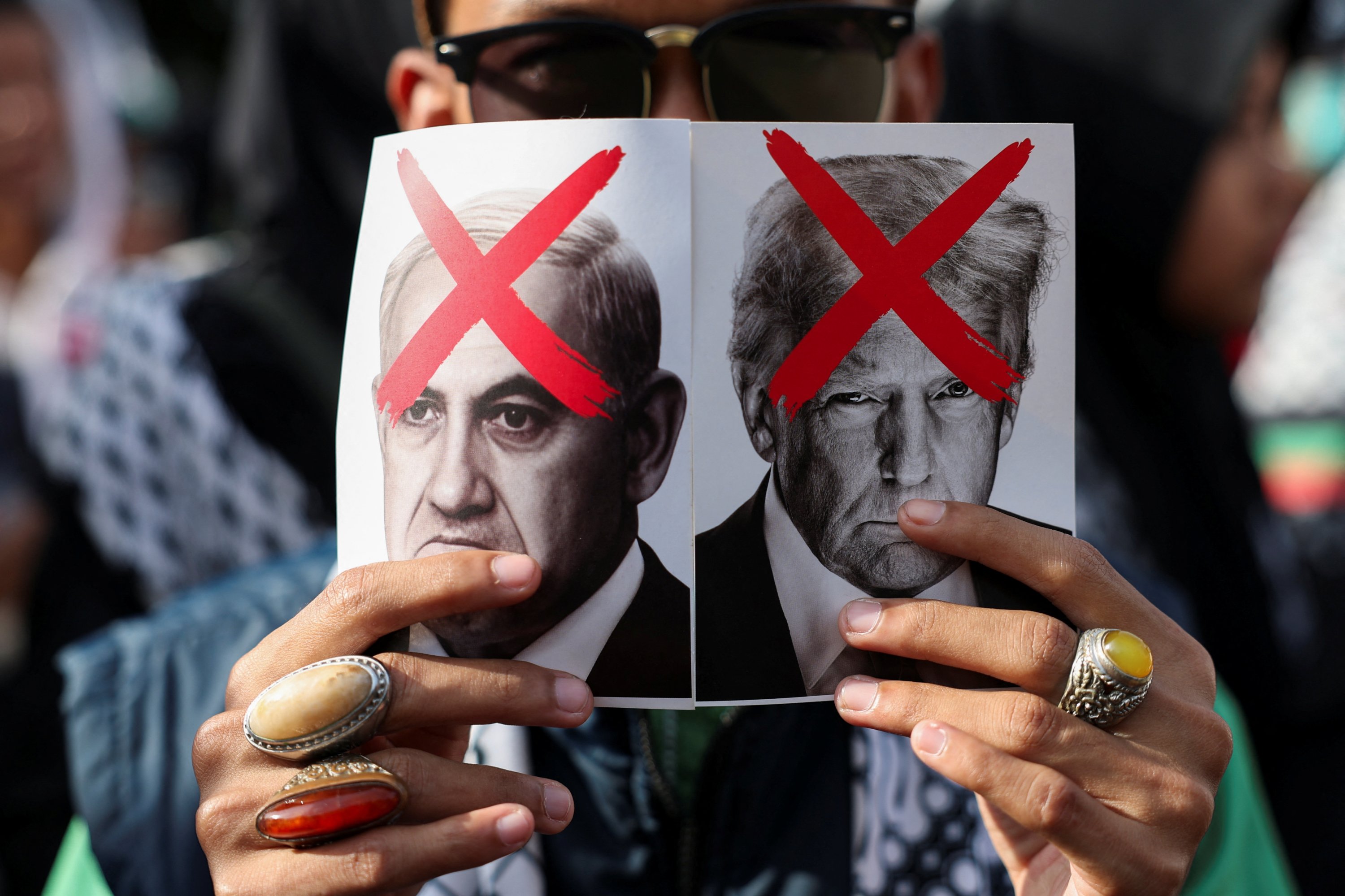
Strike before being struck
During President Donald Trump’s first term, the U.S. came to Netanyahu’s desired line, and radical steps such as withdrawing from the nuclear agreement, declaring Jerusalem as the capital, and the killings of Qasem Soleimani and Mohsen Fakhrizadeh were taken. The fundamental question is: What has changed from yesterday to today that would make Trump take a different step from his 2018-2020 line? In other words, Netanyahu’s thesis since 1992, “this can’t be done without the U.S.,” seems to be coming true. The U.S. administration is now openly threatening Iran with military intervention. Internal objections and opposition in Israel seem to be of no concern to the Netanyahu government. Therefore, Netanyahu faces the third and final obstacle: convincing the international community.
Netanyahu’s U.N. speeches were also aimed at convincing the international community that Iran would not comply with nuclear negotiations and that diplomacy was “not a path.” The revelation of nuclear documents, which Netanyahu announced had been smuggled from Iran in 2018. His emphasis that Iran was a “liar” who did not abandon its intentions despite the agreement is diplomatically significant.
From Israel’s perspective, it is necessary to be sure that Russia will not provide support to Iran at this point. Recent developments in Ukraine are likely to keep Russia away from Iran. The U.S. government may also be providing suggestions to Russia on this matter. The Iranian domestic public opinion does not trust the Russians on this issue. Especially the events in Karabakh and Syria have created great disappointment among Iranians.
As for the other actors, European countries do not appear to be able to actively get involved at this stage due to the security crisis they are in. Although China has been providing covert diplomatic and technological support to Iran against Israel for some time, it does not seem possible to expect it to directly enter the field militarily in such an intervention. Therefore, Iran presents an image that has lost its proxy forces in the region, largely lost its effectiveness in the field, and lacks popular support.
The Iranians are aware of the approaching threat. On the one hand, they are conducting tremendously flexible diplomacy. On the other hand, they complain about the threats made against them, saying, “There can be no negotiation with threats.” They express at every opportunity that they do not want war, but on the other hand, they conduct military exercises almost every week. They particularly focus on air defense and naval forces in these exercises. Commanders of the Islamic Revolutionary Guard Corps (IRGC) say they will not bow to threats and will give a clear response to any attack.
According to Zamir, Iran’s center of gravity is the Islamic Revolutionary Guard Corps (IRGC). He thinks that if the center of gravity is targeted, the regime will dissolve on its own. Indeed, the IRGC dominates almost every corner of the country and, although not openly stated, is at odds with civilian politics and institutions in the country. The dominant figure in the IRGC is Mojtaba Khamenei.
Triggering the unplanned
Israel’s first step will be covert activities, similar to Lebanon. At this point, it is very likely that assassinations and sabotage (especially targeting leading IRGC figures) will be seen very soon. Indeed, information in this direction is also reflected in open sources. Likewise, ethnic fault lines in many parts of Iran, such as Urmia, can break very violently. It is a known fact that Iran is concerned about pan-Turkist movements within it. So much so that the election engineering of Masoud Pezeshkian, who was vetoed in the parliamentary elections a week before the late Iranian President Ebrahim Raisi’s death, and frequent emphasis on the “Iranian Turkishness-Anatolian Turkishness” distinction through events such as the Chaldiran commemorations, are results of this concern.
Whatever happens, if popular movements follow the chaos created by the paralysis of the political mechanism (or vice versa), the regime in Iran may be seriously at risk. Because both in the 2009 protests and the Mahsa Amini protests, the influence of Khamenei and those under his command is known. With the elimination of this influence, the ground in Iran may completely change.
In conclusion, all experts agree that the Netanyahu government cannot end Iran’s nuclear capacity by striking nuclear facilities. However, the basic strategy is to completely paralyze Iran by directly targeting the regime and rendering all its activities, from ballistic missiles to nuclear, from proxy forces to drone work, dysfunctional.
However, this situation can open Pandora’s box. If things don’t go as planned and Iran enters a total war by mobilizing all its available means, it may not be able to deliver fatal blows to Israel, but it will cause tens of thousands of Israelis who already find Israel unsafe to leave their country, companies to withdraw their investments from Israel, and in the medium and long term, the establishment of a climate of insecurity. Therefore, Netanyahu is taking a huge gamble and paving the way for a path that could make Israel more insecure. Because the biggest risk is an uncalculated risk, these steps threaten the future of the region from beginning to end. As the famous poet John Donne said: “And therefore never send to know for whom the bell tolls; it tolls for thee.”




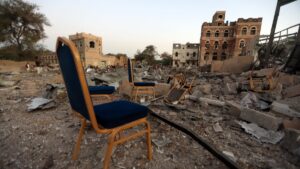
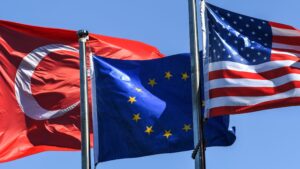
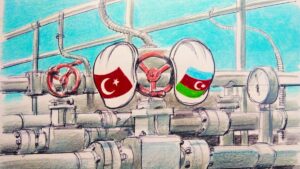

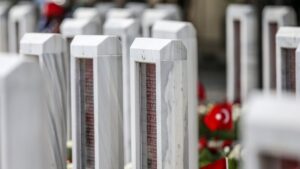



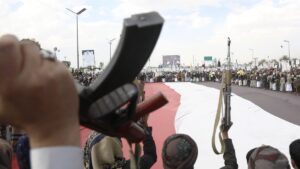

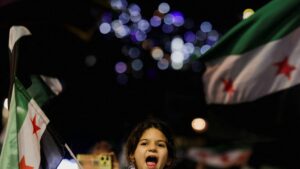


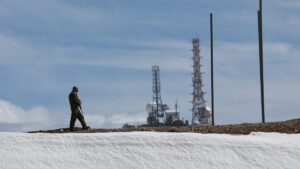

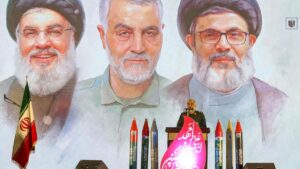

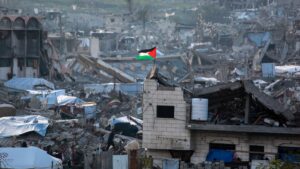
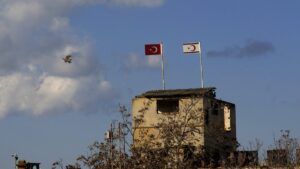

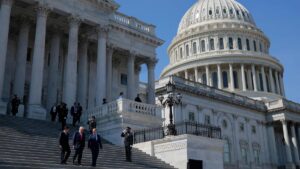



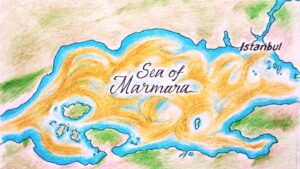
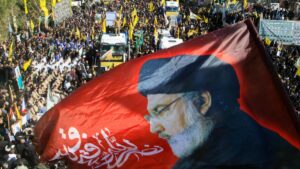

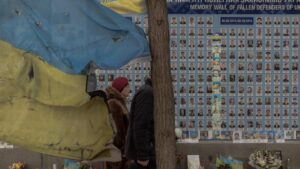




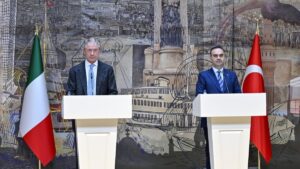


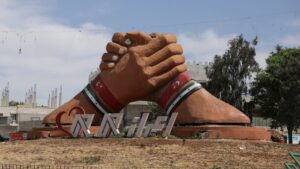

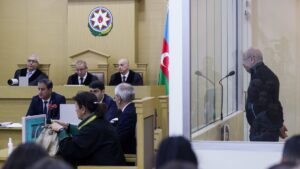

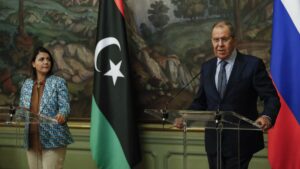
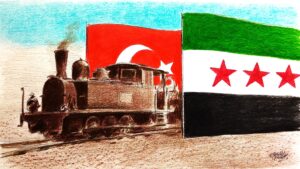
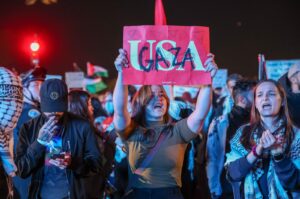



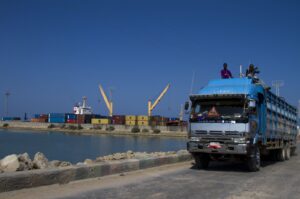

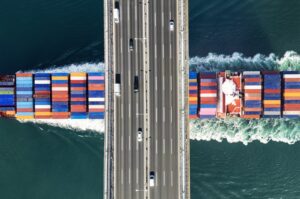
Be First to Comment